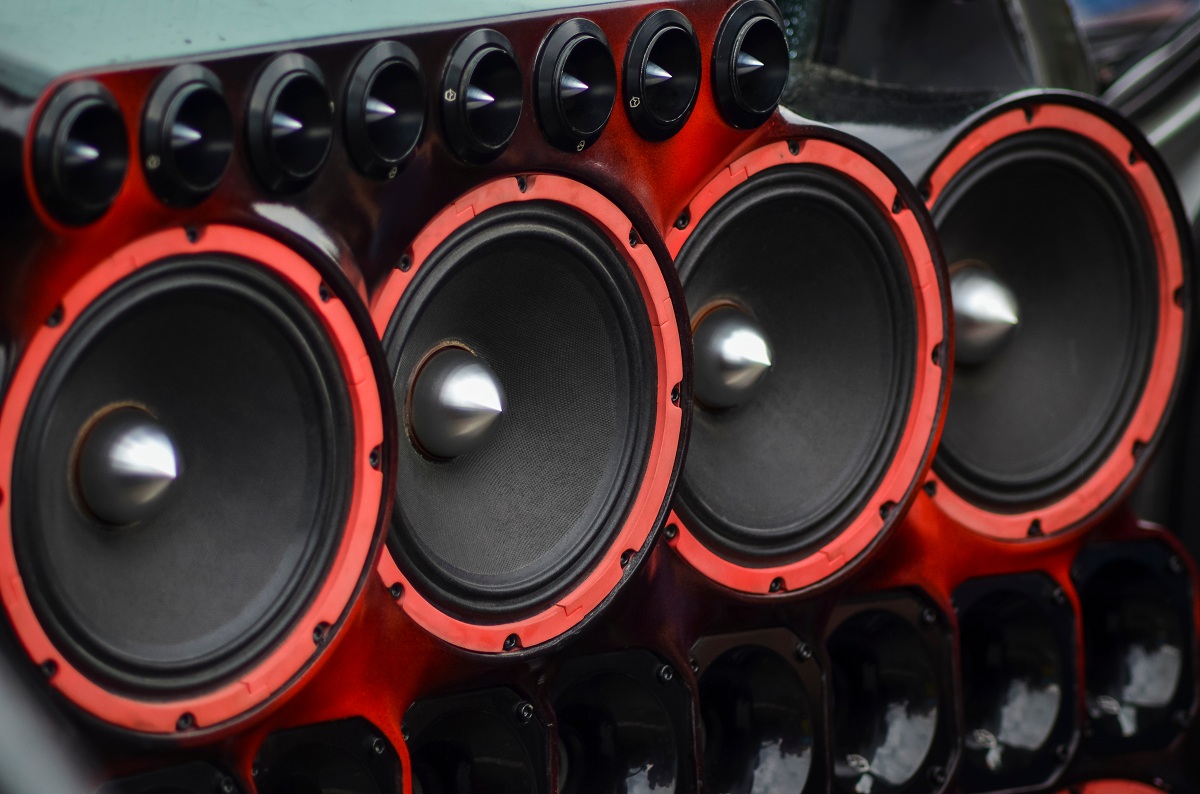The sense of hearing is an important function of the body. But there are people who feel uncomfortable when they hear loud noises. Even in the comfort of their own homes, some people experience this sensitivity. This is called hyperacusis.
Hyperacusis is a type of hearing disorder that lowers your tolerance to sounds. The noise you hear becomes too loud, painful, and uncomfortable. The inner ear is usually damaged in this condition. It stems from long exposure to loud noises and old age.
Tinnitus is a ringing, buzzing, or whistling noise you hear. These distorting sounds are common in hyperacusis. Both ears are generally affected, but it also affects one ear or the other.
You may develop some fear of sounds, also called phonophobia. It is due to the reduced intolerance to sounds.
Here are the most common noise sensitivity causes.
Anxiety
People with mood disorders, anxiety, and panic attacks may have a sensitivity to sounds. Individuals with these disorders have a lower tolerance for sounds and loud stimuli.
Misophonia is a disorder in which sounds trigger anger, emotional and psychological distress. It is also known as “hatred or dislike of sounds”. You might describe it as “sounds that drive you crazy”.
Some people with anxiety find it hard to concentrate if there is noise in the environment. Hence, reducing noise can help ease panic attacks and anxiety bouts.
Aging
As we grow older, nerve fibers deteriorate, and hair cells decrease in our inner ear. Studies show that blood flow reduces as we get older, and it is a natural process as we age. Prolonged exposure to loud noises and other factors can cause these changes.
People with hearing loss are sensitive to sounds, but it can also happen without hearing loss. Sounds you hear are tolerable for you, whereas, most people consider it normal.
Hearing devices helps to lessen the discomfort of hyperacusis. You can adjust these devices according to the right sound levels to not overload the ears. Loud sounds are immediately adjusted like sudden door slams.
Chronic Exposure To Noise
 Prolonged exposure to loud noises destroys the nerve endings in your inner ear. This can result in permanent hearing loss. Sometimes, medicine or surgery can’t treat this.
Prolonged exposure to loud noises destroys the nerve endings in your inner ear. This can result in permanent hearing loss. Sometimes, medicine or surgery can’t treat this.
You may experience severe sensitivities to sounds due to nerve damage in the ear. Further, being around loud noises can trigger hyperacusis.
Tinnitus
It is not known what exactly causes hyperacusis. In some cases, it may appear on its own or along with tinnitus (buzzing, ringing, or whistling noise). You might also lose your ability to deal with sudden changes in volume.
Meniere’s Disease
Meniere’s disease is an inner ear disorder that can lead to hearing loss and dizzy spell (vertigo). Vertigo is a sensation that is like the room is spinning around you. Other symptoms include tinnitus, hearing loss, sensitivities to sounds, and ear pressure.
Sound sensitivity may cause discomfort and difficulty. People with this condition often resort to isolation. They may feel uncomfortable to go out, work, or socialize with others.
It is important to seek medical help to treat hyperacusis. Prolonged hyperacusis can also cause other complications, including depression, anxiety, migraine, and other types of headaches.